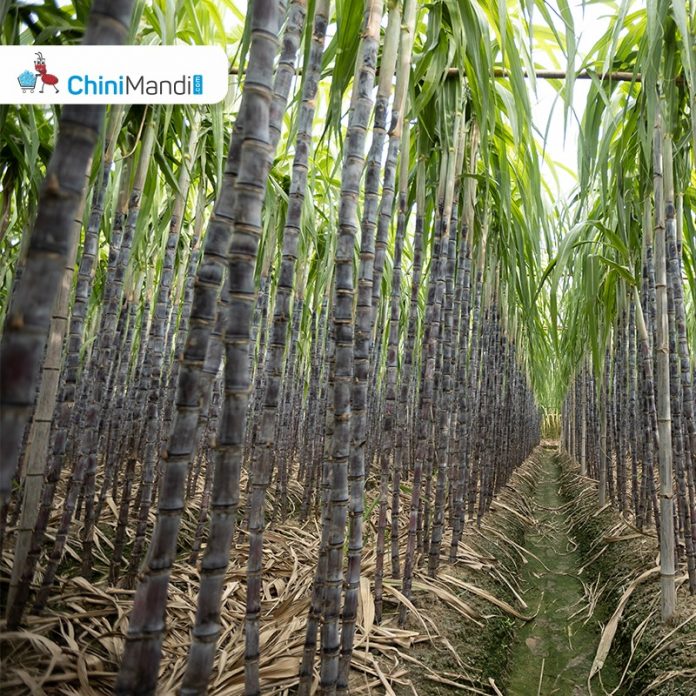The delay in monsoon rain has raised concerns among sugarcane farmers in Maharashtra and Karnataka as the water levels in reservoirs continue to decline. The lack of water has already led to a delay in the sowing of cane crops for the upcoming 2023-24 season in these states.
The delayed monsoon and reduced reservoir levels poses a potential threat to the sugarcane crop if rainfall does not occur in the coming days.
Hemanth Kumar, a senior research analyst at Agrimandi.live, shed light on the current situation prevailing in Maharashtra and Karnataka. He explained, “The cane crop in major growing districts of Maharashtra and Karnataka is under stress due to insufficient rainfall, resembling a drought-like situation. Rainfall deficits in major Maharashtra districts range from 81% to 99%, posing a threat to standing crops. Solapur, in particular, has witnessed a rainfall deficit of 99%, indicating a severe scarcity of rains this season. In major growing districts of Belgaum and Bagalkot in North Karnataka, the rainfall deficits range from 77% to 82%.”
However, Kumar further added that according to weather forecasts, good rains of 60-80 mm are expected over these regions in the next two weeks. If these rains fall, they will help to recover crop conditions to some extent.

When asked about the potential impact on sugarcane production, Kumar stated, “The next 10 days are crucial for the sugarcane crop in Maharashtra and Karnataka. We need to closely monitor rainfall developments in these regions over the coming month to assess the impact on yields.”
In the recently concluded season, Maharashtra experienced a decline in sugar production as mills ended operations early. The mills produced 105.27 lakh metric tonnes (LMT) of sugar, compared to 137.27 LMT in the 2021-22 season, by crushing 1,054.75 LMT of sugarcane with an average sugar recovery rate of 9.98 percent. The decline in sugar production can primarily be attributed to untimely rainfall between September and December last year.
Furthermore, there are reports suggesting that the Indian government is considering imposing a cap on sugar exports until at least the first half of 2024. This measure aims to ensure an adequate supply of sugar for domestic consumption, taking into account the potential impact of El Nino on agricultural output.












